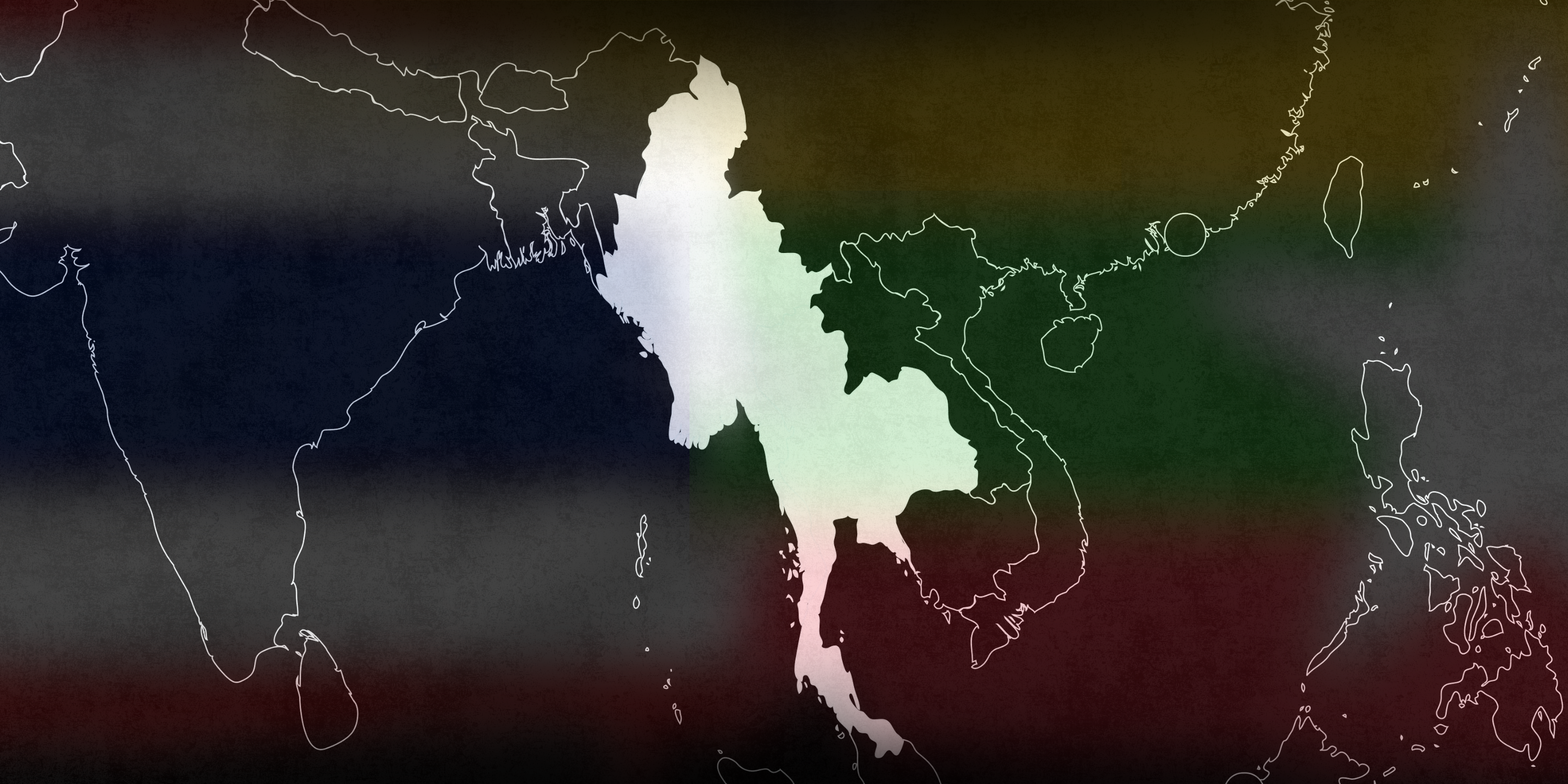In the policy paper China’s inroads into Slovak universities: Protecting academic freedoms from authoritarian malign interference, authors Matej Šimalčík and Adam Kalivoda map the academic interactions between Slovak academic institutions (public universities and research institutes of the Slovak Academy of Science) with Chinese entities.
The report attempts to provide the most comprehensive record to date of how Slovak academic institutions engage with China and evaluate the nature, volume, and transparency of these interactions. The report further focuses on three aspects of Chinese presence in the Slovak academia: operation of Confucius Institutes, cooperation with entities linked to the Chinese military, and ties with Chinese tech firms like Huawei, ZTE, and Dahua.
Summary
- Interest in Sino-Slovak cooperation in the academic sector has been growing since the inception of the 17+1 platform and Belt and Road Initiative in 2012 and 2013 respectively. Over the years, Slovak academic institutions – public universities and institutes of the Slovak Academy of Science – have established 113 different ties and interactions with Chinese partners.
- The goal of this publication is not to discourage from engaging with China, as cooperation with Chinese entities can be beneficial for the Slovak academic sector to some extent. However, due to the nature of the Chinese regime, specific risks exist in the cooperation with Chinese entities, which the Slovak academic institutions need to be wary of and reflect on them in their dealings with China.
- Interactions with Chinese partners take on various forms, ranging from formalized cooperation agreements, informal ties, joint research projects, as well as student and faculty exchanges.
- On the Chinese side, universities, non-university research institutions, corporations, as well as state institutions engage in cooperation with Slovak academia.
- Cooperation with Chinese entities suffers from a low level of transparency. Less than half of concluded cooperation agreements are published in the Central Registry of Contracts. Despite potential technology transfers from publicly funded institutions, current laws do not require Chinese entities (especially corporations) to disclose their beneficial owners, as is the case with other types of relations where publicly funded entities provide valuable consideration to private parties.
- Generally, universities and the Slovak Academy of Science do not engage in a systemic risk assessment before and during cooperation with China. This is largely due to low sensitivity towards risks posed by China as well as a perceived high standard of research and education at Chinese universities compared to Slovakia.
- Cooperation is focused mostly on hard sciences. Around three-quarters of mutual interactions happen with Slovak academic institutions focusing on natural sciences and technology.
- Currently, three Confucius Institutes operated at Slovak universities: Comenius University, Slovak University of Technology, and Matej Bel University. They are active mostly in language education and cultural promotion, but also in Chinese traditional medicine, and education in Chinese politics and economy. Confucius Institutes at Comenius University and the Slovak University of Technology engage in activities at several other universities and high schools around Slovakia. Considerable financial flows between the Confucius Institutes and Slovak entities exist, yet they are marred with low transparency.
- From the 113 academic interactions between Slovakia and China, 25 happen with Chinese academic institutions in various ways linked to the People’s Liberation Army. According to a database by the Australian Strategic Policy Institute, over 60% of these relations are with universities categorized ‘high risk’ or ‘very high risk’.
- The ‘Seven Sons of National Defense’, a group of premier military-linked research universities, feature prominently among the ‘very high risk’ ties. Slovak Academy of Science established a joint research center with the Northwestern Polytechnical University. Technical University in Zvolen cooperates with the Nanjing University of Science and Technology. Both the University of Žilina and the Technical University in Košice maintain relations with the Beijing Institute of Technology.
- Besides universities and research institutes, Slovak academic institutions cooperate with several Chinese corporations. Three Chinese tech firms stand out here: Huawei, ZTE, and Dahua.
Recommendations
- Publicly financed academic institutions need to improve their transparency when it comes to cooperating with Chinese institutions. Improved transparency will allow for public oversight of Chinese activities in the academic sector.
- Despite a clear and sanctioned legal obligation, numerous agreements with Chinese entities were not published in the Central Registry of Contracts. Academic institutions need to improve their track record on publishing their agreements and memoranda with Chinese entities in the Registry.
- The government should revisit the obligation to publish the ultimate beneficial owners in a public registry. Academic institutions should mandate that foreign entities declare their beneficial owners in the Registry of Public Sector Partners before concluding a partnership with Slovak academic institutions. This obligation should exist regardless of the current transactional value census, as the nature of these partnerships makes it virtually impossible to estimate the value of the partnership.
- Before establishing new cooperation or partnership with a Chinese entity, academic institutions should conduct a rigorous risk assessment and implement risk-mitigating measures to prevent abuse of the partnership.
- To aid the risk assessment process, the Ministry of Education in cooperation with the Ministry of Foreign Affairs and security apparatus should issue clear guidelines on how to safely cooperate with entities based in authoritarian countries (China, but also Russia, Turkey, various Arab states, etc). The guidelines should include also an illustrative list of best and worst practices.
- Connections to the Chinese military and complicity in human rights abuses should be among the key criteria of risk assessment. Connection to the Chinese military should be grounds for deploying enhanced risk mitigation measures (e. g. limiting the cooperation to areas that do not result in the development of dual-use technology). Complicity in human rights abuses should always result in termination of the cooperation as committing or enabling mass atrocity crimes is in absolute contradiction to the basic values enshrined in the Constitution of the Slovak Republic and its international legal obligations.
- The results of the risk assessment should be taken into account also when making decisions about awarding research funding from Slovak resources for joint research with Chinese academic institutions. In case of evaluation resulting in a higher risk assessment, funding should always be conditional on the adoption of specific, pre-approved risk countermeasures.
- A specific issue to consider is the financing of China-focused education and research. Slovak academic institutions should not rely on China-provided funding and expertise to educate future generations of China experts (not only sinologists, but also China-focused economy, international relations, and other experts).
- Building upon the previous point, academic institutions should reconsider future cooperation with the Confucius Institutes. As a bare minimum, they should take steps to limit the Confucius Institutes’ activities to language education and cultural promotion only, and not engage in policy and politics related activities (including research, education, and advocacy).
- As China is becoming an increasingly important actor in global affairs, affecting Slovakia as well, the government should allocate resources (including EU funding) to build up a domestic China expertise and education programs.
- A center of excellence in modern China should be established. The center should focus on applied policy-focused research and provide expertise to policymakers from various levels of government.
The publication is supported by the Friedrich Naumann Foundation for Freedom. The Friedrich Naumann Foundation for Freedom is not responsible for the content of this publication, or for any use that may be made of it. The views expressed herein are those of the author(s) alone. These views do not necessarily reflect those of the Friedrich Naumann Foundation for Freedom.








